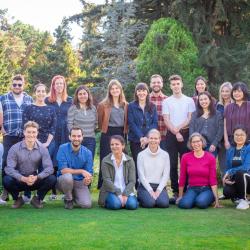Researchers in the Levings Lab
Researchers in the Levings Lab are made up of Clinician Scientists, Grad Students, Postdoctoral Fellows, Lab Technicians and Project Managers.

Dr. Megan Levings
Investigator and Lead, Childhood Diseases Research Theme, BC Children's Hospital; Professor, Department of Surgery, University of British Columbia
Research in Dr. Levings's laboratory is focused on a novel subset of CD4+ T cells, termed T regulatory (Treg) cells, which control immune homeostasis.
Current work is focused on determining how Treg cells differ from normal CD4+ T cells at both the biochemical and molecular levels, and elucidating their role in transplantation tolerance, cancer and inflammatory bowel disease. A long-term goal is to develop methods to generate Treg cells in vitro for use as a cellular therapy to replace standard immunosuppression in the context of organ transplantation or to restore tolerance in the context of autoimmunity.
Staff
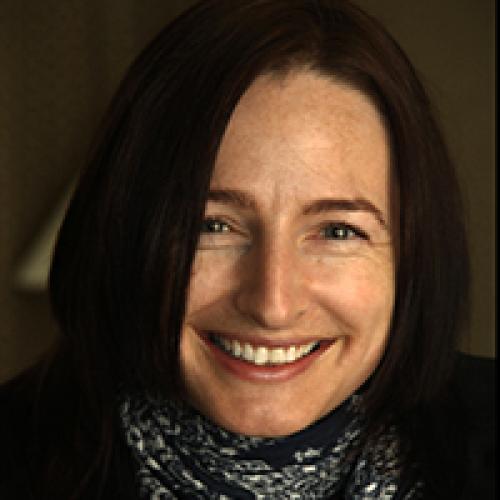
Sabine Ivison
Research Associate and Project Manager, PhD
I majored in microbiology and biochemistry at the University of Muenster, Germany and did my doctoral work (in dubious German) with Paul Tudzynski, studying the role of active oxygen in the pathologic mechanism of the rye pathogen Claviceps purpurea (most notorious for producing the LSD precursor lysergic acid).
As a postdoc in Vancouver I switched to the field of medicine, comparing heat shock protein epitopes in pathogenic and commensal strains of Staphylcococcus- and wondering how the immune system differed between the two (remember flesh eating disease). In my second postdoc with Dr. Ted Steiner, I looked at the influence of stress (ATP, active oxygen) on intestinal cell sensing of bacterial flagellin; did strange (but gentle) things to mice to further the understanding of inflammatory bowel disease. I moved to a research associate position with Kirk Schultz, who specializes in leukemia immunotherapy. In his lab I organized his clinical research trials, ran yet more ELISAs and dabbled a bit on the side in the immunostimulatory properties of mitochondrial DNA, among other things. Finally I have landed in Megan's hardcore adaptive immunology lab where I am all about developing and standardizing assays for the clinical setting. One project aims to stratify patients with autoimmune disease based on likely response to biologicals, another deals with immune monitoring of post-transplant patients by flow cytometry.
My prevailing interest is in the conflict between self and everything that is not self (including altered self-cancer, and somebody else's self-transplant). Which covers just about everything.
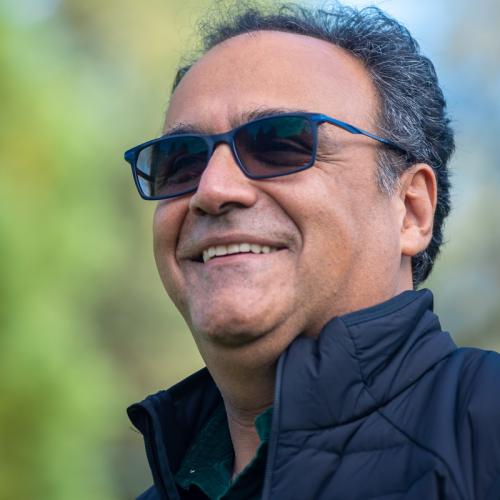
Majid Mojibian
Research and Development Project Manager and In vivo Modelling Lead, PhD
I began my professional career as a medical laboratory doctor. My strong interest in research, particularly in immunology, compelled me to enter a PhD program in immunology at the University of Ottawa. My specific interest in diabetes started when I joined the research team of Dr. Fraser Scott at the Ottawa Health Research Institute. I expanded my technical expertise and knowledge in his laboratory, which has a major focus on understanding diabetes-promoting interactions between dietary antigens, the gut immune system, and the endocrine pancreas. After receiving my Ph.D., I trained in the lab of Dr. Timothy Kieffer to develop novel therapies for patients with diabetes. I was privileged to collaborate with our industry partners, enGene, a pioneer in gene delivery technology to mucosal tissue, and Johnson & Johnson’s Janssen BetaLogics group, an expert in developing human embryonic stem cell-based therapies for treating type 1 diabetes.
In Dr. Levings' team, I manage projects involving laboratory-based research in immune regulation. The projects I work on are focused on translation to clinical applications and the initiation of first-in-human clinical trials in transplant medicine and autoimmunity. Specifically, my role involves collaborators and working with staff affiliated with industrial funding partners as well as collaborators located at different sites nationally and internationally.
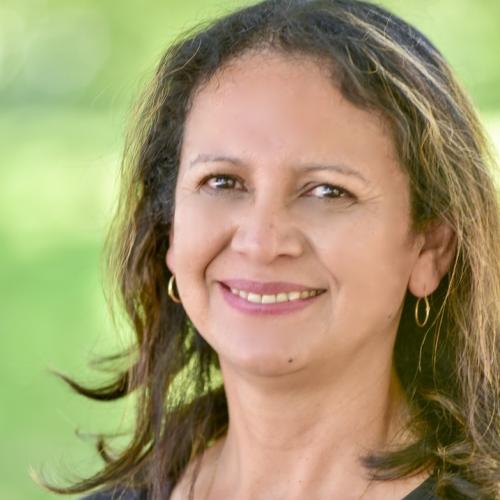
Rosa Garcia
Lab Manager
As the Lab Manager, I oversee the daily operations of our laboratory, ensuring seamless functionality and providing robust support for the scientific activities of our entire team. My personal research focuses on Tregs within inflamed microenvironments, with a particular emphasis on gut Tregs; I investigate the role of cytokine signaling pathways and the mechanisms controlling Tregs' functions, aiming to understand the complexities of preserving and restoring immune tolerance.
Award:
- Nicky Dorken Award for Excellence in Service from the UBC Department of Surgery (2018).
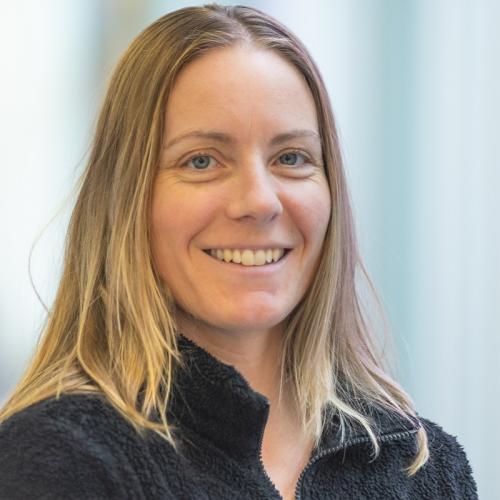
Jana Gillies
Lead Molecular Biology Technician, MSc
I enjoy helping students with designing and executing their Crispr and cloning projects, and organizing everything molecular biology-related. I can often be found making adeno-associated virus, which we use to introduce genes into T cells via Crispr, or performing pyrosequencing of the Treg-specific demethylated region (TSDR) to make sure our Tregs are retaining their suppressive capacity.
Additionally, I’m assisting PhD student Kevin Salim with his project aimed at generating Treg cells from induced pluripotent stem cells. By expressing our Chimeric Antigen Receptors in these cells, we hope to develop a new source of antigen-specific Tregs for therapeutic use.
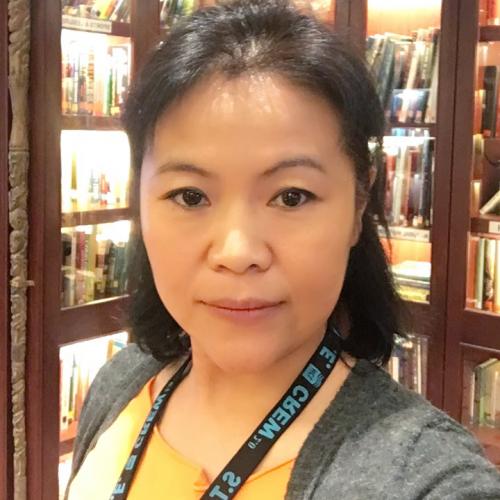
Jessica Qing Huang
Lead Flow Cytometry Technician, PhD
I am involved in a range of projects exploring the fundamental mechanisms of regulatory T cells (Tregs) from diverse perspectives. Additionally, I support the Canadian Autoimmunity Standardization Core and contribute to the clinical applications of Tregs by establishing antigen-specific response assays, standardizing experimental procedures, conducting flow cytometry at multiple study sites, and analyzing flow data. I also have a separate role as an operator at the BCCHR Flow Core Facility, where I provide training and support to trainees. Currently, my primary research focus is investigating the roles of macrophages and their interaction with Tregs in T1D mouse and human islets.
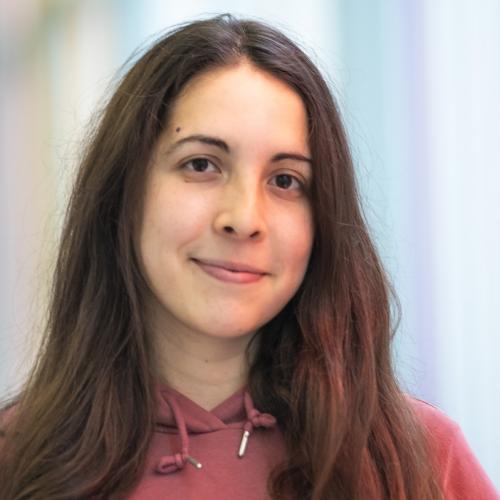
Lorna Leon
Lab Technician
Many T cell therapies rely on the use of viral vectores to transduce the therapeutic chimeric antigen receptor (CAR) into T lymphocytes. My role as a lab technician is to support groups conducting research on CAR T cell therapy, designing new plasmids and producing lentivirus vectors.
Besides that, my research looks into new methods to produce Tregs, using induced pluripotent stem cells as a primary source. Using a combination of citokynes and supplements, we can mimic in vivo environments and generate Tregs more efficientily for clinical applications.
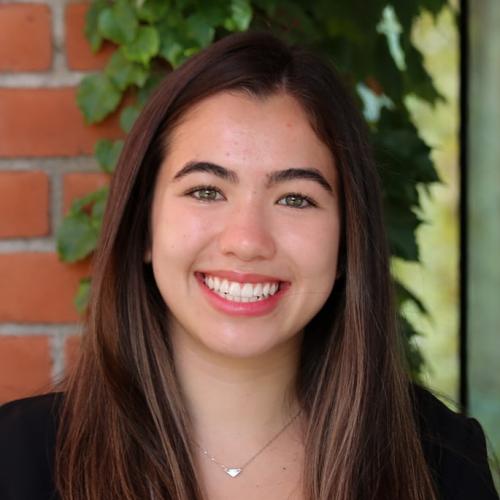
Macyn Leung
Lab Technician, MSc
I am working on two main projects: the thymic Treg project and Canadian Autoimmunity Standardization Core (CAN-ASC). I support the thymic Treg isolations, release testing and clinical trial application and design, including organizing qualitative studies to gather patient perspectives on our thymic Treg product. I am also organizing a hands-on workshop for trainees from across Canada to come to our lab and learn about standardized practices in human immunology research as a part of CAN-ASC.

Madeleine Speck
Lab Technician
As a lab technician, my role in the lab focuses on in vivo and in vitro studies, from Cell culture to technical assistance in organ transplantation in mouse models. One major project I’m assisting with is looking at Tregs that have been engineered to recognize the human HLA-A2 protein which is very important for matching transplant donors and recipients to prevent the rejection of organ transplants. These so-called CAR Tregs show great potential in delaying an HLA-A2 mismatched organ transplant but can also help reducing the number of immunosuppressive drugs a patient would have to take post-transplant. Additionally, I take care of our mouse colonies as well as help with daily operational tasks in the lab.
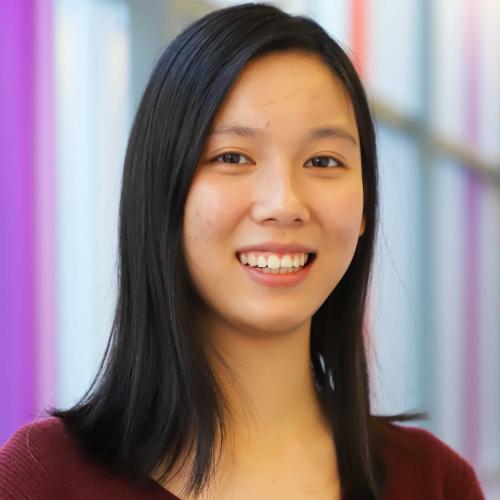
Vivian Fung
Lab Technician, MSc
Adoptive transfer of Tregs is a promising strategy to treat disorders arising from inappropriate immune responses, such as autoimmune diseases and transplant rejection. While clinical trials have shown the safety of Treg transfer into patients, mouse models of type 1 diabetes have also shown infusion of Tregs specific towards the pancreatic beta cells were superior in protecting against disease. My research specializes in engineering Chimeric Antigen Receptors (CARs) onto Tregs to redirect their specificity towards different target antigens.
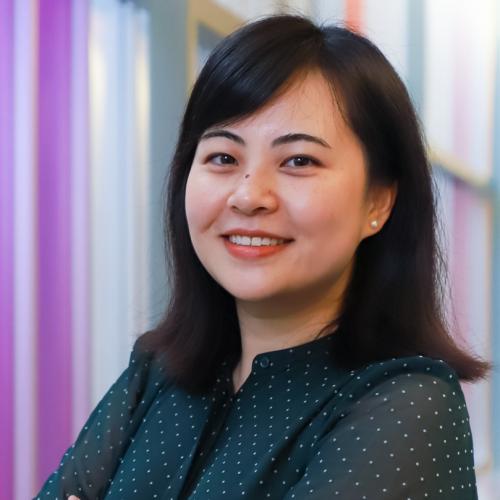
Chen Li
Research Coordinator, MSc
I hold two concurrent positions: Research Coordinator for the Levings Lab and Administrative Manager at the JDRF Centre of Excellence at UBC. Within the Levings lab, my main responsibilities include managing research grants, trainee fellowships, and studentships. I also assist with financial reporting, lab procurement, ethics applications, and the setup of REDCap surveys and e-consents for various projects. Additionally, I handle HR-related tasks such as onboarding and offboarding for the lab.
At the JDRF Centre of Excellence, I provide administrative support to Centre PIs and collaborate closely with JDRF Canada. My responsibilities involve organizing Seed Grant Competitions and Annual Meetings, facilitating knowledge translation activities and training workshops for trainees, and fostering partnerships with industry and patient stakeholders to improve health outcomes for people living with type 1 diabetes.
Trainees
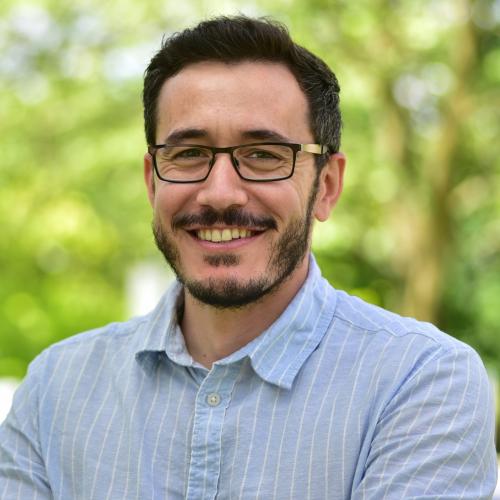
Isaac Rosado Sanchez
Postdoctoral Fellow
The success of organ transplantation depends on the administration of immunosuppressive drugs to prevent rejection of the transplanted organ. However, these drugs have many side effects that lead to cancer and infections risk. Alternatively, regulatory T cells (Treg) are suppressive cells that can be used as cellular therapy to tolerate the transplanted organ. Dr Levings’ lab has been a pioneer in the use of Chimeric Antigen Receptors (CAR) to generate organ-specific Treg cells for use as cellular therapy to prevent rejection. My research focuses on optimizing these CAR constructions for their use in Treg therapies, trying to enhance their
effectiveness and safety.
Awards:
- Michael Smith Foundation for Health Research Trainee Award (2020-24)
- Canadian Institutes of Health Research Postdoctoral Fellowship (2020-23)
- UBC School of Biomedical Engineering Postdoctoral Fellowship Award (2019-21)
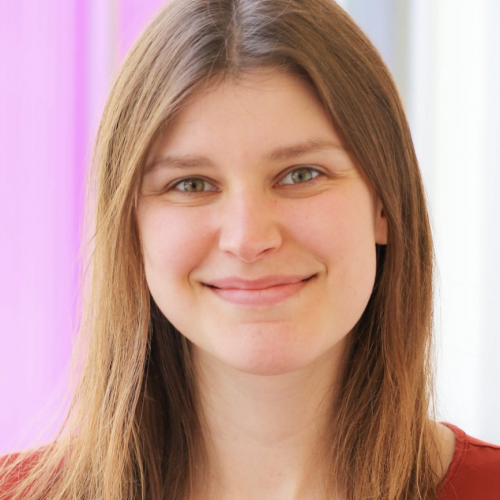
Karoliina Tuomela
Postdoctoral Fellow
I joined the Levings Lab as a Postdoctoral Fellow in 2022 after completing a PhD studying immune cell-cancer cell interactions in the context of radiotherapy at the University of Manchester. My current work is focussed on improving the efficacy of regulatory T cell therapy, particularly in the treatment of type 1 diabetes. I am especially interested in understanding signalling in immune cells, the role of metabolism in regulating immune cell phenotype, and the mechanisms of regulatory T cell function.
Awards:
- Canadian Institutes of Health Research Postdoctoral Fellowship (2023-26)
- Canucks for Kids Fund Childhood Diabetes Laboratories Postdoctoral Fellowship (2023)
- J. Andrew McKee (JDRF/SCN) Fellowship in Type 1 Diabetes (2022)
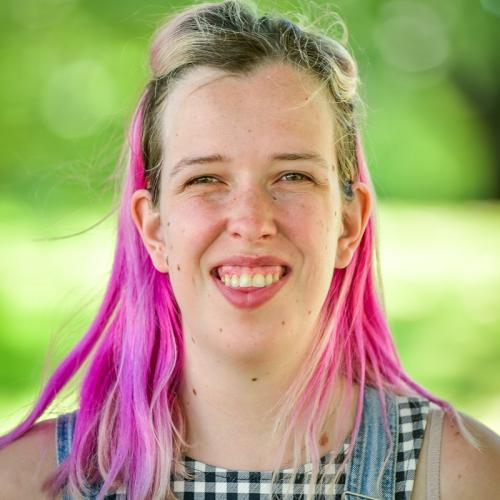
Lieke Sanderink
Postdoctoral Fellow
During my PhD in Germany, I focused on Identifying a regulatory T cell (Treg) subset with wound healing properties and attempting to induce those properties in-vitro. Here in the Levings lab I am hoping to extend my knowledge of Treg culture. my fellowship is focused on the scale-up of a therapeutic Treg product derived from the pediatric thymus. We are working with a Good Manufacturing Practice (GMP) cell therapy facility on a tech transfer from a research lab to a GMP environment and are actively working towards a Clinical Trial Application.
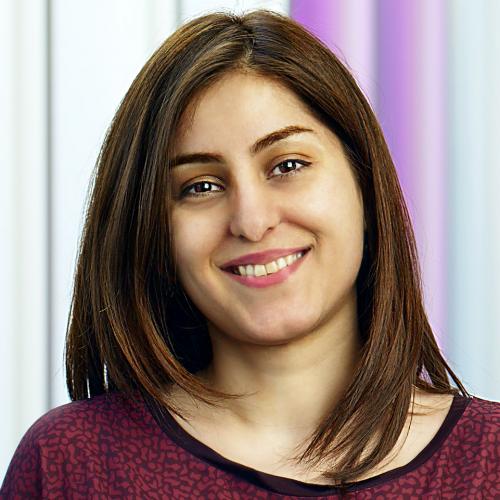
Mahdis Monajemi
Postdoctoral Fellow
I received my MSc in the field of Immunology and Infectious disease from Memorial University, Canada and completed my PhD in the field of Immunology Department of Experimental Medicine at the University of British Columbia, Canada. I am interested to understand how innate and adaptive regulatory cells change the beta-cell regeneration. I investigate the role of macrophages and Tregs in inducing mouse beta-cell regeneration through the stimulation of beta-cell proliferation and survival, and explore the applicability of these effects to human physiology.
Awards:
- Canadian Institute of Health Research Postdoctoral Fellowship (2023-26)
- BC Children’s Hospital Research Institute Postdoctoral Fellowship (2022)

Manjurul Haque
Postdoctoral Fellow
I am a trained Veterinary Parasitologist who came to know about the magical regulatory T-cells (Tregs) while working on PhD research at the Institute of Parasitology, McGill. Then, I decided to pursue post-doctoral training in the Levings Lab to know more about Tregs therapy in the context of organ transplantation and autoimmune diseases. My current project involves studying the bystander effect of Treg therapy on the immune response to other systemic infections. Besides this, I love photography, traveling, and fishing.
Awards:
- Canadian Institute of Health Research Postdoctoral Fellowship (2023-26)
- BC Children’s Hospital Research Institute Postdoctoral Fellowship (2022)

Bruno Freitas
PhD Student
The use of stem cells to generate insulin producing beta cells (SC-β cells) is an exciting prospect for curing type 1 diabetes. While promising, current protocols for generating SC-β cells produce cells that do not match the glucose-stimulated insulin secretion of healthy human islets. Emerging evidence shows that macrophages play important roles in pancreatic islet function and are required for the development of functional beta cells. Further, regulatory T cells (Tregs) support a role in resolving inflammation, stimulating tissue repair, and supporting angiogenesis. I am interested to see if macrophages and Tregs can be exploited to improve the maturation, function and engraftment of SC-β cells.
Awards:
- BC Children’s Hospital Research Institute Childhood Diseases Doctoral Studentship (2023)
- BC Children’s Hospital Research Institute Canucks for Kids Fund Master’s Studentship (2022)
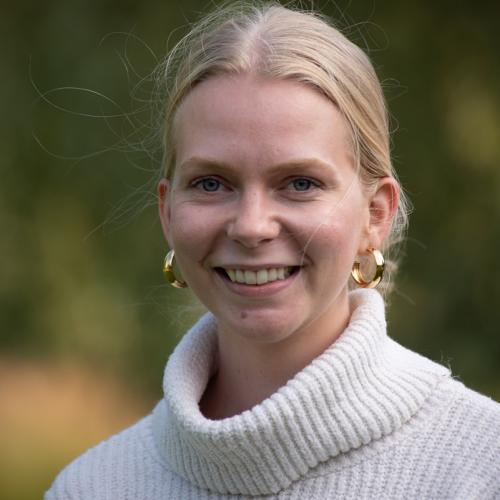
Christine Wardell
PhD Student
One of the most exciting prospects for curing type 1 diabetes is to replace the patient’s insulin-producing islets, which have been destroyed by an autoimmune response, with islets isolated from a healthy donor. However, a large barrier to widespread islet transplantation is the risk of transplant rejection. I am investigating whether we can genetically engineer regulatory T cells to protect the transplanted islets from rejection and move islet transplantation one step closer to becoming a reliable cure for type 1
diabetes.
Awards:
- CIHR Canada Graduate Scholarship – Doctoral (2022-25)
- UBC Four Year Doctoral Fellowship (2020-24)
- Canadian Society of Transplantation Research Training Award (2021)
- British Columbia Graduate Scholarship (2021)
- BC Children’s Hospital Research Institute Graduate Studentship (2020-22)
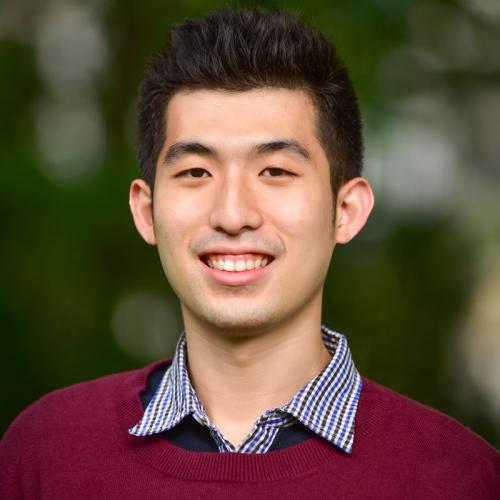
Kevin Salim
PhD Student
A major caveat of regulatory T (Treg) cell therapies is that Tregs are very rare, hard to purify, and their quality/function varies between patients; thus, making it difficult, expensive, and time-consuming to obtain patient-specific Tregs and expand them into a therapeutic dose. My research aims to explore novel ways to generate donor-derived Tregs that could be pre-made and stored frozen for use as needed.
Awards:
- UBC Faculty of Medicine Graduate Award - Edward Squires Memorial Scholarship (2023)
- UBC President’s Academic Excellence Initiative PhD Award (2023)
- Canada Graduate Scholarship - Master’s Program (CGSM) (2022)
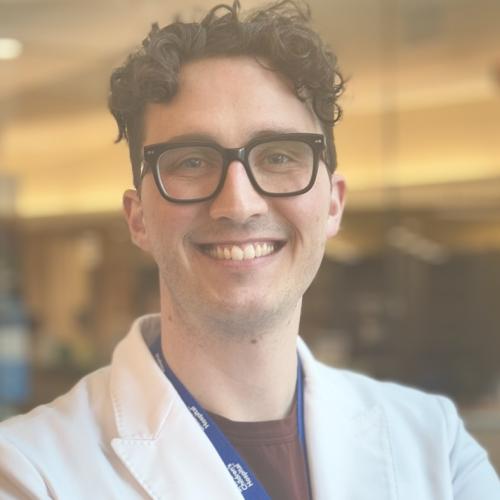
Robbie Wright
PhD Student
Recipients of solid organ transplants require lifelong treatment with toxic anti-rejection drugs. These drugs non-specifically starve the immune system of the required signals and building blocks for proper function. I am investigating how Tregs are impaired by conventional immunosuppressive medications, and approaches to engineer CAR Treg resistance to these drugs. By improving the clinical efficacy of CAR Treg therapy in the treatment and prevention of organ rejection we aim to enhance transplant outcomes by liberating patients from anti-rejection drugs.
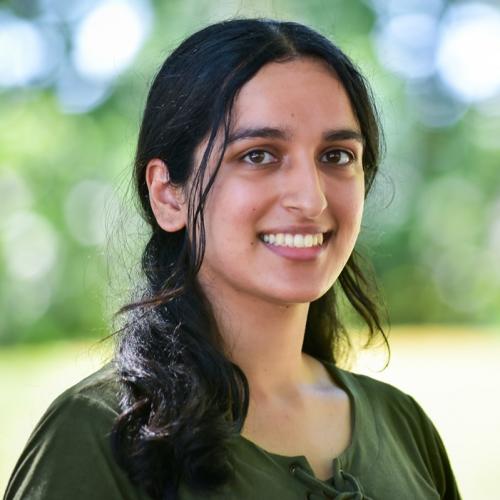
Sonya Mangat
PhD Student
A key aim of my research is to improve the therapeutic options used to treat autoimmune diseases and transplant rejection. Our lab has pioneered the use of chimeric antigen receptor (CAR) regulatory T cells to provide more targeted immunosuppression for such conditions, paving the way for in-human clinical trials. My current work is to build on previous findings and investigate whether specific genome engineering approaches could further enhance the benefits of these cells.
Awards:
- Canadian Graduate Scholarship – Master’s Program (CGS-M) (2023)
- BC Children’s Hospital CFKF Diabetes Research Master’s Studentship (2023)
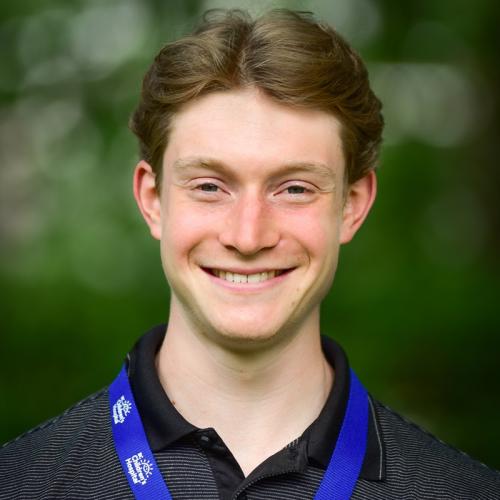
Torin Halvorson
MD/PhD Student
Regulatory T cells (Tregs) genetically engineered to express a chimeric antigen receptor (CAR) recognizing a donor antigen are promising therapies in transplantation. Our current CAR-Treg therapies target HLA-A2, a MHC I allele ubiquitously expressed on donor tissues. However, it is unclear whether MHC I molecules are optimal targets for CAR-Tregs, and this may be context-dependent. My PhD research focuses on developing CAR-Tregs recognizing other antigens in the transplanted organ and evaluating them against HLA-A2-specific CAR-Tregs.
As organ transplant recipients are immune-suppressed and highly susceptible to infections, some of my research also focuses on developing and deploying clinical assays to detect antigen-specific T cell responses in transplant recipients.
Awards:
- BC Children's Hospital Research Institute Doctoral Studentship (2023-24)
- Canadian Graduate Scholarship – Master’s Program (CGS-M) (2023)
- BC Children's Hospital Research Institute Summer Student Research Award (2022)
- UBC Faculty of Medicine Summer Student Research Award (2022, declined)
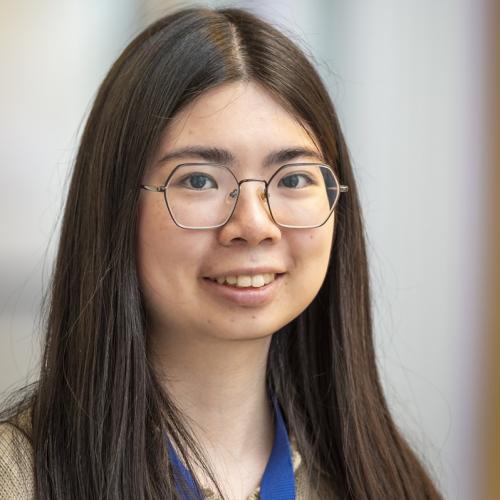
Eleanor Chen
MSc Student
Regulatory T cell (Treg) therapy is a promising approach to treat autoimmune diseases like Type 1 Diabetes (T1D), which is mediated by islet-reactive T cells. Studies using diabetic mouse models have shown that islet antigen-specific Tregs perform better than polyclonal Tregs at delaying or preventing disease. My research project involves generating and testing antigen-specific human Tregs that express either chimeric antigen receptors (CAR) or transgenic T cell receptors (TCR) against T1D-relevant antigens to treat T1D. My work also involves comparing the function of CAR versus TCR engineered Tregs in the context of T1D.
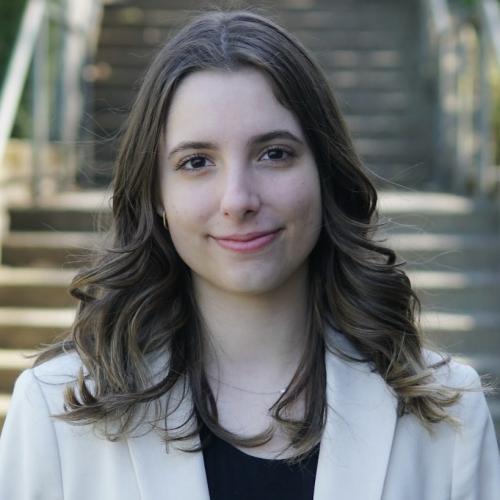
Monica Leca
Co-op Student
As a co-op student, I support a clinical trial studying the efficacy of Ustekinumab, an immune therapy for people recently diagnosed with type 1 diabetes. Previous studies have shown that Ustekinumab can dampen the immune attack that leads to type 1 diabetes, hopefully preserving residual beta-cell function and insulin production in these patients. I am currently pursuing a BSc in Microbiology & Immunology at UBC.
